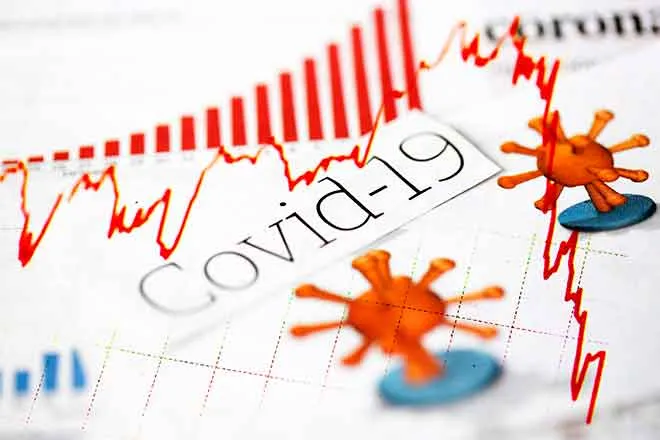
Dear Dietitian – What’s the truth about eating eggs?
Dear Readers,
Eggs have made headlines again with a study recently published in the Journal of the American Medical Association (JAMA). Is it the incredible, edible egg or a food you should limit in your diet? As with many nutrition studies, the results go back and forth, which can be confusing and even frustrating for consumers.
This study set out to find if egg consumption or dietary cholesterol increased the risk of cardiovascular disease (CVD) and death. Nearly 30,000 people reported their dietary intake and were followed up 18 years later. The study discovered that for each 300 mg increase of cholesterol in the diet, the risk of CVD (heart attack, stroke) increased by 17%, and death from all causes increased by 18%. An additional half an egg per day increased the risk of CVD and all-cause death by 6% and 8%, respectively. (1)
The study was praised for its large size and study design; however, it was criticized for only collecting information on dietary intake at the beginning. Some people will change their eating habits if they believe a change will benefit their health, and this study could not account for that. In addition, many nutrition studies use questionnaires to gather information, and when participants self-report, there is room for error. How accurately could you report what you ate yesterday, for example, or how many ounces of meat you usually eat in a week? Finally, the study was observational, which means it doesn’t prove that the cholesterol-containing foods caused the increase in CVD and death. Nonetheless, it still holds substantial merit.
We all know about the cholesterol in eggs, but let’s look at their overall nutrition. Eggs are a tasty, inexpensive source of protein and an important source of vitamin D. They contain the carotenoids lutein and zeaxantin, which are believed to help prevent macular degeneration, the leading cause of blindness in older adults. Eggs are also a healthy source of choline, which aids in the brain development of babies.
The bottom line is one egg a day is nutritious for someone who is generally healthy. If you are at risk for heart disease, consider limiting eggs to three per week. If you have a history of heart disease or stroke, allow two eggs per week. And no matter who you are, eat more plant foods, including fruits and vegetables, beans and legumes, bran cereals, and other whole grains.
Reference
- Zhong VW, Van Horn L, Cornelis MC, et al. Associations of Dietary Cholesterol or Egg Consumption With Incident Cardiovascular Disease and Mortality. JAMA. 2019;321(11):1081–1095. doi:10.1001/jama.2019.1572
Until next time, be healthy!
Dear Dietitian
Leanne McCrate, RDN, LD, is an award-winning dietitian based in Missouri. Her mission is to educate consumers on sound, scientifically-based nutrition. Do you have a nutrition question? Email her today at deardietitian411@gmail.com. Dear Dietitian does not endorse any products, health programs, or diet plans.

















